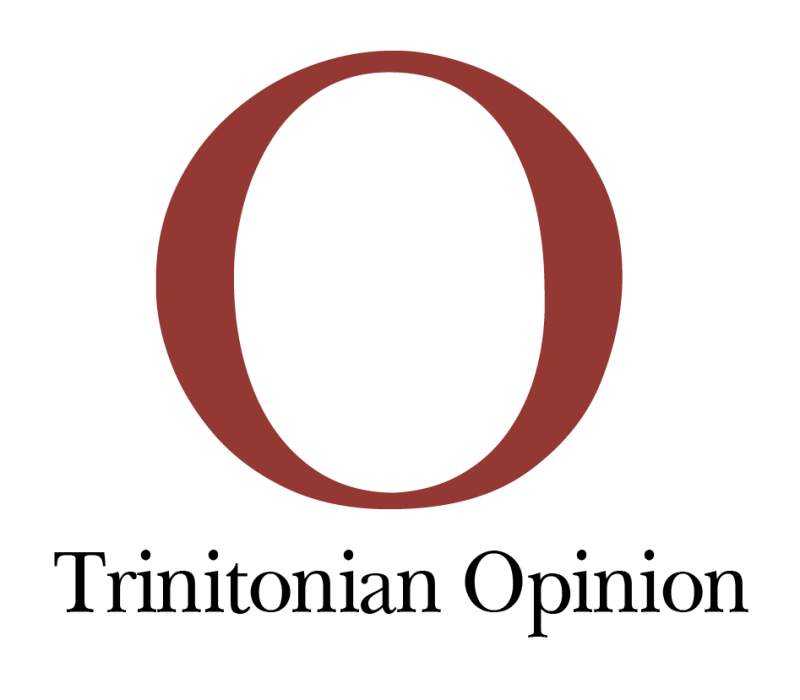I don’t know how, but for some ludicrous reason, it has become popular or cosmopolitan among certain American intellectuals, the elite and many young millennials to sneer at America and our great nation’s heritage and institutions. Some decry our nation’s moral failures, slavery and Jim Crow, while others criticize our international military presence and many censure our economic system, namely free market capitalism.
Those sneerers believe that America is not a force for good in the world. They will point to the mistreatment of Native Americans, to the security measures taken at Guantanamo Bay and the inequality gap fostered by greedy capitalist fat cats. Many of these same sneerers look to Europe, particularly the Scandinavian nations, as models for what the America of the future should look like. Some say they would like to see reparations paid for the stolen wages of slavery, others dream about a vastly reduced military force and still others intently desire a socialized government that gives people more “free stuff.”
However, I believe those sneerers blatantly misunderstand our great nation and what it has done for human flourishing. Let’s get one thing absolutely clear. The United States of America is unquestionably the greatest country in all of world history and to suggest otherwise is simply and categorically irresponsible. Yes, we have our flaws, but those who sneer highlight only our worst moments and utterly disregard the benevolence and goodness the United States is responsible for.
For instance, our nation was the first to enact a political system which intentionally limited the power of government and left political authority in the hands of the people. This has allowed Americans the freedom to work hard for themselves, not for a king, and innovate new technologies within a free market system that enables them to reap what they have sowed. Within this context of political and economic freedom, Americans have generated an astonishingly high proportion of wealth for themselves, thereby transforming the potentially indigent into productive members of a liberty-obsessed society. While this has contributed to an inequality gap, that is by no means a warrant to change our current system. Many other countries around the world have far greater inequality gaps and less political freedom. Why would we want to be like them?
But still, there are those who sneer and say that America’s history of free-market capitalism harms people because it allows the wealthy to become too rich while others suffer for little. However, living and working in the United States, even if one does not make loads of money, is far better than living and working in many other nations. Yes, inequalities exist here, but the fact that they do exist is no reason to transform our economic system to one that redistributes wealth for the sake of equality.
But, perhaps this is the origin of a socialized economic system’s appeal. The sneerers may ask: What’s the best way to establish a more equitable society so that the government can institute fairness between everyone? And their lofty answer is of course more socialism! But this idea is completely antithetical to the ideals that our nation was founded on: Political and economic freedom, which foster hard work and increase the welfare of all citizens through private innovation, creativity and hard work. The sneerers must not realize that socialism removes the incentive for people to work hard while also substituting out the people so that government can be the improver and innovator in people’s lives. When has the government ever been as innovative or entrepreneurial as private individuals? It never has.
Let me try to illuminate this point another way. The clearest understanding between these two economic systems can be viewed simply: In many socialized economic systems, we’ve seen people waiting in long lines to receive their bread; in free market capitalist nations, we see bread wait in long supermarket aisles for the people.
I’d rather have my bread wait on me so that I can purchase it whenever I want. Like many, I have other things to do during the day and would prefer not to experience the long and aggravating wait times, similar to a DMV trip, just to obtain a loaf of bread from the government.
While many of the sneerers out there may accuse me of launching a misunderstood diatribe against socialized economics, perhaps saying that American socialism would never entail long lines to acquire bread, they should realize that noble intentions do not always translate into noble outcomes. Socialism is a prime example of this because in an attempt to make everything fairer, the end result, as F. A. Hayek would note, sends us all down the road to serfdom, culminating in the ultimate destruction of political and economic freedom. And lastly, it would almost certainly result in far less tasty bread.






